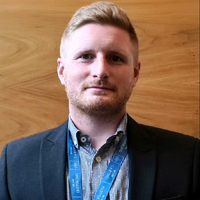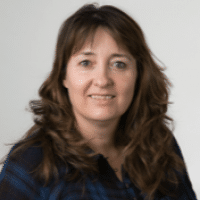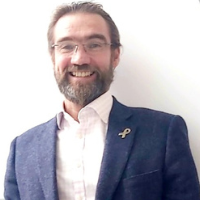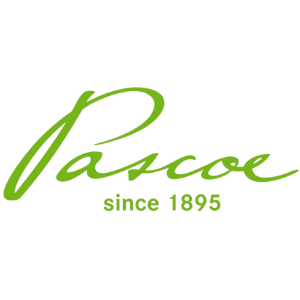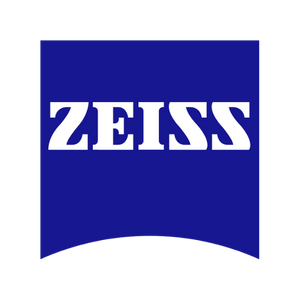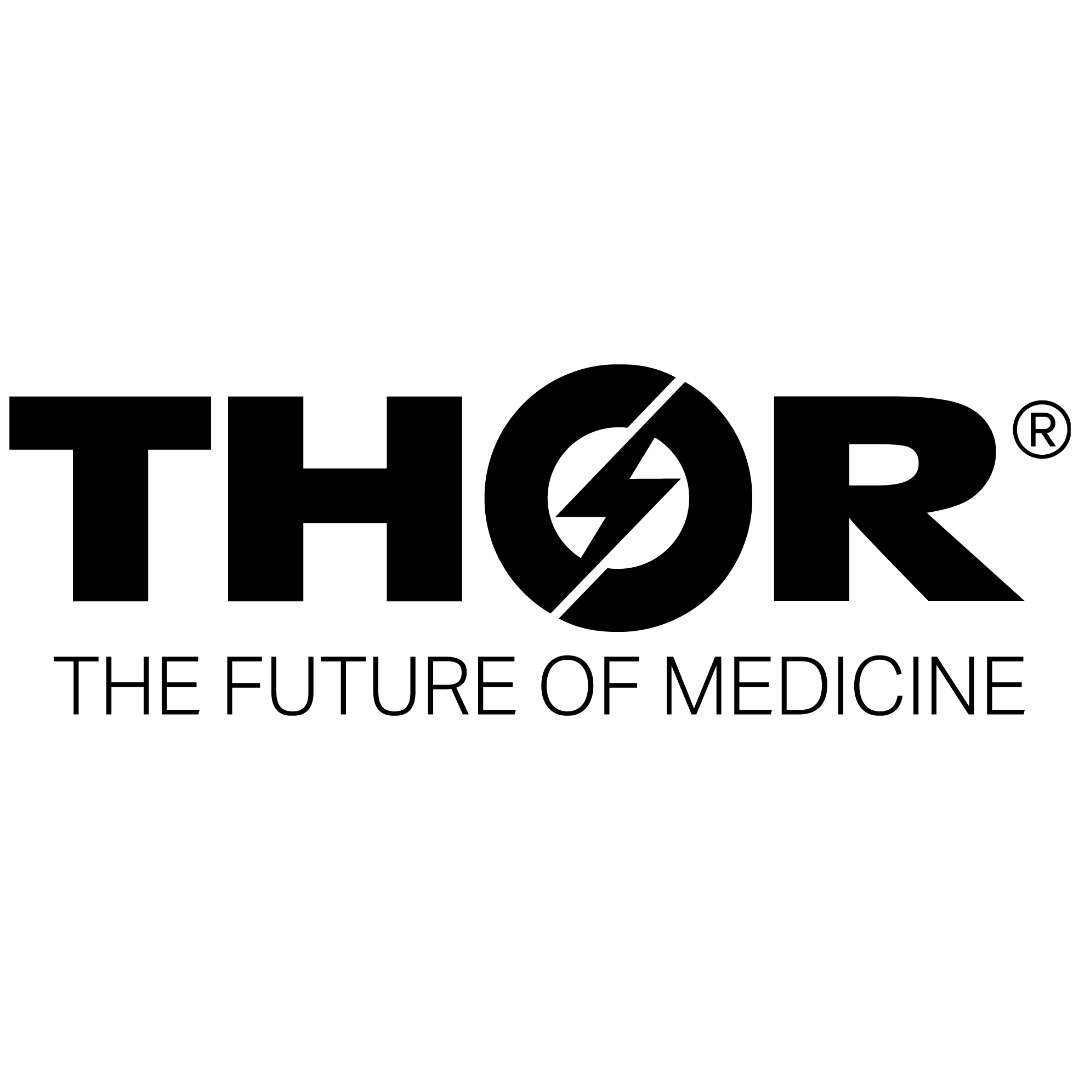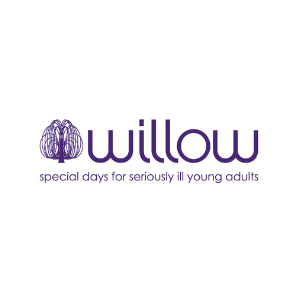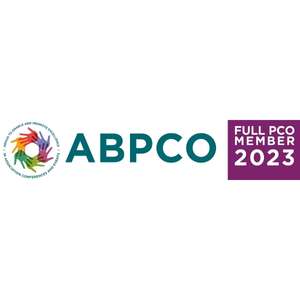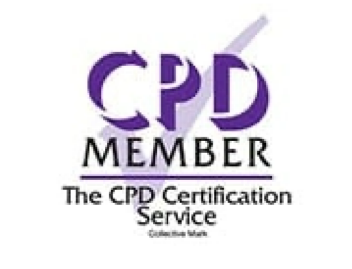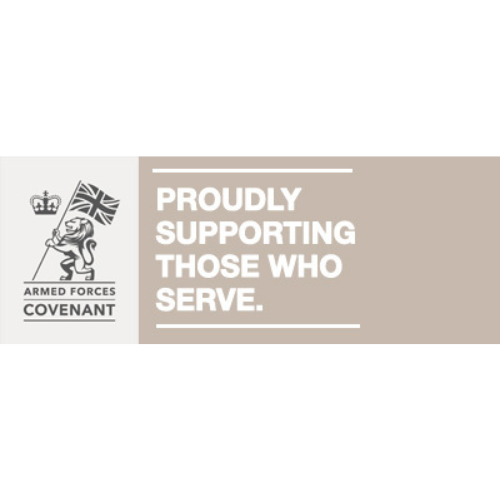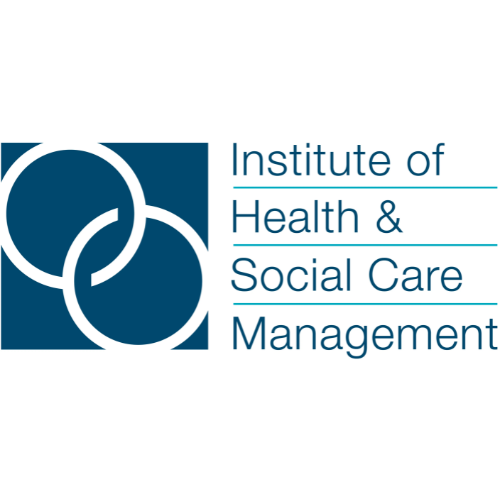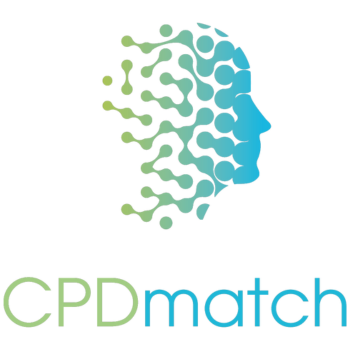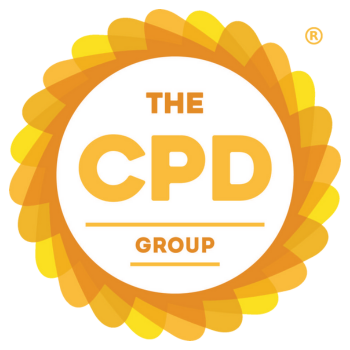The programme
08:00
Registration, Networking & Breakfast
Registration, Networking & Breakfast
Chairs Opening Address -
Nathan Nagel, CEO & FRATREM GROUP LTD;
09:05
Aspirant Cancer Career and Education Development programme – focusing on the Cancer Support Workforce - workstream (Confirmed)
John Gale
Programme Manager for the Cancer Support Workforce (ACCEnD)
Cheshire & Merseyside Cancer Alliance
Brief overview of the ACCEND programme and why it is so important to develop an end to end education development programme for nursing and allied health professionals. (7 mins)
Focus on workstream – For Cancer Support Workforce (13 minutes)
- Nationally agreed career and education pathway
- Education, training, and support for CSW’s matched to ACCEnD capability framework
- Standardisation of the role and requirements of the CSW
09:25
Personalised Care and Support for People Living with Cancer (Confirmed)
Denis Colligan
Macmillan Clinical Advisor, Northwest
Macmillan
Everyone’s experience of cancer is unique which is why it is important that people receive care that is tailored to their needs at all points in their cancer journey. Delivering personalised care is the responsibility of everyone involved in supporting a person with cancer, irrespective of care setting and good communication is key to this.
09:45
Raising the profile of specialist nursing (Confirmed)
Karen Clayton
Macmillan Lung Cancer Lead Nurse Specialist
East Cheshire NHS Trust
Raising the profile of specialist nursing This session aims to raise awareness of specialist nursing roles. Exploring how we can get more nurses into these positions and use these roles as an attractive career opportunity as well as a retention initiative.
10:05
Photobiomodulation for Oral Mucositis, results from 47 RCTs, effect size, case reports and treatment demonstration
James Carroll
CEO
THOR Photomedicine Ltd
Oral Mucositis is the most common and most significant side-effect of systemic chemotherapy and radiotherapy. The incidence is high (40-75%) and often leads to parenteral feeding and opioids, extended periods of hospitalisation, and a higher risk of systemic infection.
Photobiomodulation (PBM) is a low-intensity light therapy treatment recommended by the Multinational Association for Supportive Care in Cancer (MASCC) and by The National Institute for Health and Care Excellence (NICE) guidelines in the UK for preventing or treating oral mucositis.
Data from more than 50 randomised controlled clinical trials and our studies show that PBM can reduce the incidence of grade 3 or 4 Oral Mucositis by 75%. PBM utilises light in the red and near-infrared spectrum, which is absorbed by enzymes in mitochondria to increase cellular energy (ATP) production and simultaneously reduce oxidative stress (free radicals).
The downstream effects act on gene transcription factor NF-κβ to reduce inflammatory cytokines and increase keratinocyte proliferation and migration leading to tissue repair. Treatment can be applied extra-orally and intraorally, ideally, five times a week before each fraction or RT or each infusion of CT (Monday-Friday); treatment times can be as short as five minutes per session.
The benefits are improved quality of life and reduced total cost of care through reduced parenteral feeding, reduced use of opioids, and reduced rescheduling of cancer treatments. No adverse events have been reported, including no negative effects on survival or cancer reoccurrence.
Q&A Panel
10:40
Morning Break, Networking & Refreshments
Morning Break, Networking & Refreshments
11:40
Chairs Morning Reflections
Chairs Morning Reflections
11:45
Implementing BD Cato™ to transform the Aseptic Services Unit
James Martin
Lead Pharmacist – Oncology & QA Services
The London Clinic
Case Study - BD UK
Implementing BD Cato™ to transform the Aseptic Services Unit
James Martin from The London Clinic will share their experiences of how prior to implementation the preparation within the Aseptic Services Unit was time consuming, manual and labour-intensive. Wanting to reduce manual transcription of prescriptions and improve medication safety, they chose BD Cato™ to simplify the processes and integrate into one system to improve workflow efficiencies and patient safety. This was also the first BD Cato™ interface with the MOSAIQ™ e-prescribing system. Post implementation the unit saw a reduction in turnaround time by 21%, reallocation of 20% headcount to other value-added activities, reduction in 95% of errors and patient chair time has been reduced by 20-30 minutes.
12:05
Clinical utility of WGS for children with cancer (Confirmed)
Sam Behjati
Group Leader
Wellcome Sanger Institute
Whole-genome sequencing (WGS) is now routinely available to every child in England diagnosed with cancer. Here, I present our experience of utilising WGS in children with cancer in terms of improving patient management.
12:25
"French experience with PBI using a 50 KV photon beam device" Agnès Tallet, Head of Radiation Oncology Department at Institut Paoli-Calmettes (Confirmed)
Case Study - Zeiss
"French experience with PBI using a 50 KV photon beam device"
Background. This French study reports the 5-year results of partial-breast irradiation using intraoperative-radiation-therapy (IORT) with 50 kV X-rays, in select early-breast cancer patients.
Methods. We report a retrospective analysis of 676 consecutive early-breast cancer patients treated between November 2011 and December 2015 by partial-breast irradiation using the Intrabeam system. Patients were highly selected based on the ASTRO and GEC-ESTRO criteria and underwent breast-conservative surgery and IORT, completed with additional whole-breast irradiation (WBI) when unexpected unfavorable prognostic factors were found at the final pathology report. Patients’ outcomes relative to local and distant control, overall and breast-cancer specific survival and toxicity are presented, as well as rates of additional WBI.
Results. Additional WBI was mandatory in one-third of patients (31%), mainly due to lymph nodes involvement and extensive intraductal component. With a median follow-up time of 54 months, the 5-year local recurrence rate was 1.7% [95%CI: 0.9-3.3]; the median-time to local recurrence was 23 months; ipsilateral-breast recurrences mainly occurred in the same quadrant (7/11); in the restricted population, meeting all predefined criteria and treated with IORT-alone (406 patients), the local recurrence rate was 1.5% [95%CI: 0.6-3.6]. Five-year distant tumor control was 98.6% [95%CI: 97.2-99.3], the median-time to distant recurrence was 22 months. Five-year overall survival was 96.5% [95%CI: 94.2-97.8], 5-year breast-cancer specific survival was 98.9% [95%CI: 97.6-99.7]. In patients treated with IORT-alone, there was no grade 3 toxicity, only four grade 3 (mainly fibrosis) affected patients treated with IORT and WBI. Grade 1-2 toxicity rates were 14% and 34.4% in patients treated with IORT-alone and IORT plus WBI, respectively.
Conclusion. Partial-breast irradiation using IORT by a 50-kV photons device is safe and well-tolerated in select patients with early-breast cancer and is a valuable option in patients reluctant for adjuvant WBI.
12:45
Pascoe Healthcare (Confirmed)
Hüseyin Sahinbas, MD (Confirmed)
Specialist of Radiology, Specialist of Radiotherapy and Radiation-Oncology, Palliative medicine
Hyperthermia, Complementary Medicine
Q&A Panel
Networking and Lunch
Chairs Afternoon Address
14:05
Tele Prehabilitation in Cancer – Innovation in Supported Self Management
Professor Tara Rampal
Director Kent and Medway Prehab Consultant Anaesthetist
Princess Royal University Hospital
Principles and evidence base of Prehabilitation followed by case study of successful digital delivery of multimodal interventions across a wide geographical area.
14:25
Challenges of Cancer Systemic Therapy in a Fragmented System (Confirmed)
Professor Andrew Wardley
CEO & Medical Director
Outreach Research & Innovation Group Ltd





